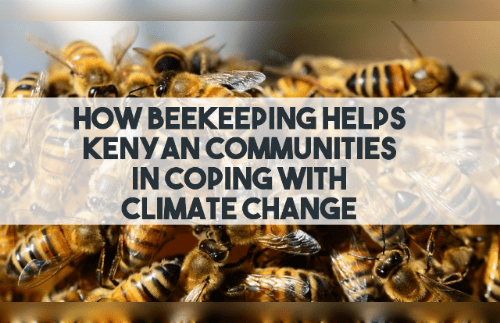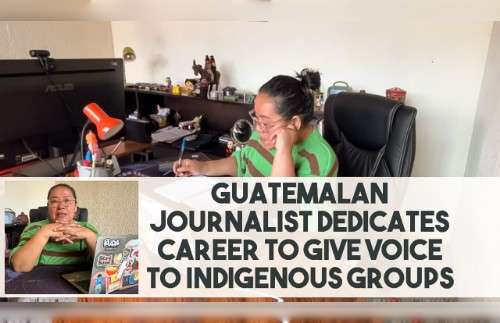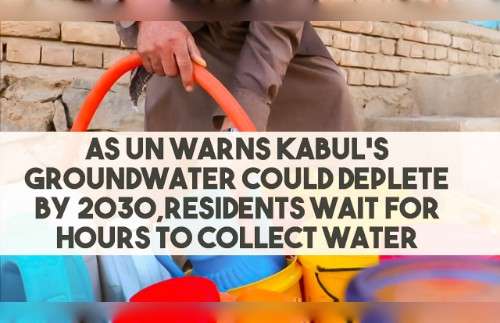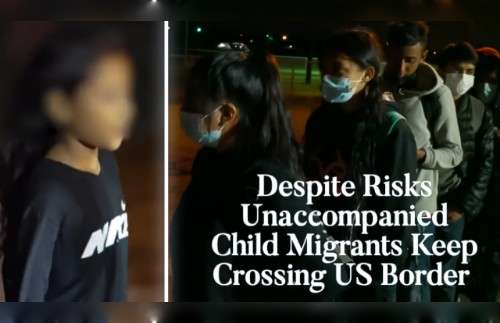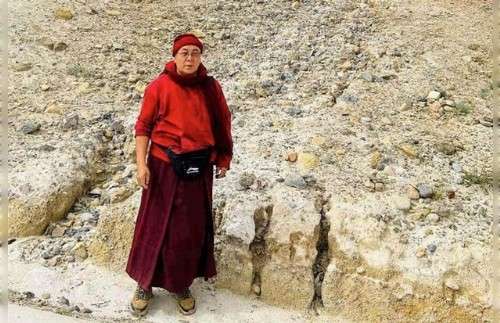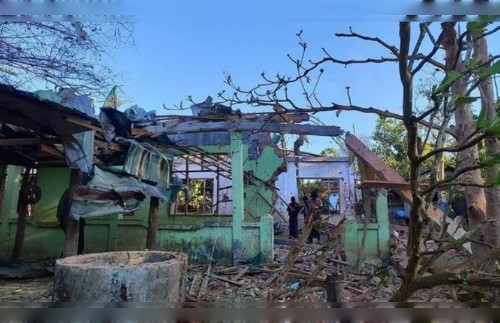
- Saudi Arabia, Iraq, South Sudan, and Yemen bucked a global trend with spikes in executions
- Global executions fell by 5%, hitting a 10-year low
Saudi Arabia executed a record number of people in 2019, despite an overall decline in executions worldwide, Amnesty International said in its 2019 global review of the death penalty published today. The Saudi authorities put 184 people to death last year, the highest number Amnesty has ever recorded in a single year in the country.
Meanwhile the number of executions doubled in Iraq, and Iran retained its place as the world’s second most prolific executioner after China, where the exact number of people put to death remains a state secret. However these states are bucking a global trend which saw global executions decrease for the fourth consecutive year to at least 657 in 2019 from at least 690 in 2018 — the lowest recorded figure of the past decade.
“The death penalty is an abhorrent and inhuman punishment; and there is no credible evidence that it deters crime more than prisons terms. A large majority of countries recognize this and it’s encouraging to see that executions continue to fall worldwide,” said Clare Algar, Amnesty International’s Senior Director for Research, Advocacy and Policy.
“However, a small number of countries defied the global trend away from the death penalty by increasingly resorting to executions. Saudi Arabia’s growing use of the death penalty, including as a weapon against political dissidents, is an alarming development. Also shocking was the massive jump in executions in Iraq, which nearly doubled in just one year.”
The top five executing countries in 2019 were: China (1000s); Iran (at least 251); Saudi Arabia (184); Iraq (at least 100) and Egypt (at least 32)
Amnesty’s figures do not include China, where the number of executions, believed to be in the thousands, remains classified. Other major executing countries, including Iran, North Korea and Viet Nam, continued to hide the full extent of their use of the death penalty by restricting access to death penalty information.
Spikes in executions in minority of countries
Just twenty countries are responsible for all known executions worldwide. Among them, Saudi Arabia, Iraq, South Sudan and Yemen executed significantly more people in 2019 than in 2018.
Saudi Arabia executed 184 people — six women and 178 men – in 2019, just over half of whom were foreign nationals. The figure was 149 in 2018.
The majority of executions were for drug-related offences and murder. However, Amnesty International also documented the increased use of the death penalty as a political weapon against dissidents from Saudi Arabia’s Shi’a Muslim minority.
On 23 April 2019, there was a mass execution of 37 people, 32 of them Shi’a men convicted on “terrorism” charges after trials that relied on confessions extracted through torture.
One of those executed on 23 April was Hussein al-Mossalem. He had sustained multiple injuries including a broken nose, broken collar bone and leg fracture while being held in solitary confinement and subjected to beatings with an electric stick and other forms of torture.
Mossalem had been brought before Saudi Arabia’s Specialized Criminal Court (SCC), which was set up in 2008 to try individuals accused of terror-related crimes but is increasingly used to suppress dissent.
In Iraq, the number of people executed almost doubled from at least 52 in 2018 to at least 100 in 2019, largely due to the continued use of the death penalty against individuals accused of being members of the armed group that calls itself “Islamic State”.
In South Sudan, authorities executed at least 11 people in 2019, the highest number recorded since the country’s independence in 2011. Yemen executed at least seven people in 2019, compared with at least four in 2018. Bahrain also resumed executions after a one-year hiatus, putting three people to death over the course of the year.
Lack of transparency over use of death penalty
Many countries failed to publish or provide official information on their use of the death penalty, highlighting the lack of transparency around the practice from many governments.
Iran is second only to China in its use of the death penalty. It put to death at least 251 people in 2019, compared with at least 253 in 2018 – four of whom were below 18 at the time of the crime. However, a lack of transparency makes it difficult to confirm the real total number of executions – which may be far higher.
In one case, Iranian authorities secretly executed two boys, Mehdi Sohrabifar and Amin Sedaghat, in Adelabad prison in Shiraz, Fars province on 25 April 2019. They were both arrested aged 15 and convicted on multiple rape charges following an unfair trial. Not only did they not know they had been sentenced to death before their executions, but their bodies bore lash marks, indicating they had been whipped before their deaths.
“Even countries that are the strongest proponents of the death penalty struggle to justify its use, and opt for secrecy. Many of them take pains to hide how they use the death penalty, knowing it will not stand up to international scrutiny,” said Clare Alga
“Executions are taking place in secret all over the world. In countries from Belarus to Botswana and Iran to Japan, executions were being carried out without any advance notice to the families, lawyers or in some cases the individuals themselves.”
Global abolition within reach
For the first time since 2011, there was a drop in the number of executing countries in the Asia-Pacific region, with seven reporting executions during the year. Japan and Singapore sharply reduced the numbers of people they executed, from 15 to 3, and 13 to 4, respectively.
No executions were carried out in Afghanistan for the first time since 2010. Hiatuses were also reported in Taiwan and Thailand which both executed people in 2018; while Kazakhstan, the Russian Federation, Tajikistan, Malaysia and Gambia continued to respect official moratoriums on executions.
Worldwide, 106 countries have abolished the death penalty in law for all crimes and 142 countries have abolished the death penalty in law or practice.
Moreover, several countries took positive steps towards ending the use of the death penalty.
For example, the President of Equatorial Guinea announced in April that his government would introduce legislation to abolish the death penalty. Positive developments, which may lead to the abolition of the death penalty, also occurred in Central African Republic, Kenya, Gambia and Zimbabwe.
Barbados also removed the mandatory death penalty from its Constitution.
In the United States, the Governor of California established an official moratorium on executions in the US state which has the biggest death row population, and New Hampshire became the 21st US state to abolish the death penalty for all crimes.
However, attempts in the Philippines to reintroduce the death penalty for “heinous crimes related to illegal drugs and plunder” and efforts in Sri Lanka to resume executions for the first time in more than 40 years marred progress towards the abolition of the death penalty globally. The US federal government also threatened to resume executions after almost two decades without carrying out any.
“We must keep up the momentum for the global abolition of the death penalty,” said Clare Algar.We are calling on all states to abolish the death penalty. There needs to be international pressure on the world’s last remaining executioners to end this inhuman practice for good.
We must keep up the momentum for the global abolition of the death penalty,” said Clare Algar.
“We are calling on all states to abolish the death penalty. There needs to be international pressure on the world’s last remaining executioners to end this inhuman practice for good.”
© 2020 Amnesty International
How Beekeeping Helps Kenyan Communities in Coping With Climate Change
Guatemalan Journalist Dedicates Career to Give Voice to Indigenous Groups
North Korean women in China catch ‘Disco Fever’
Russia’s Full-Scale Invasion Pushes Ukraine’s Drive Toward Digitization
As UN Warns Kabul’s Groundwater Could Deplete by 2030,Residents Wait for Hours to Collect Water
Despite Risks,Unaccompanied Child Migrants Keep Crossing US Border
Mary Jane Veloso, a Filipina on Death Row in Indonesia,is Coming Home
Trapped in Lebanon, African Migrants Face Unemployment and Rockets
Subscribe Our You Tube Channel
Fighting Fake News
Fighting Lies





